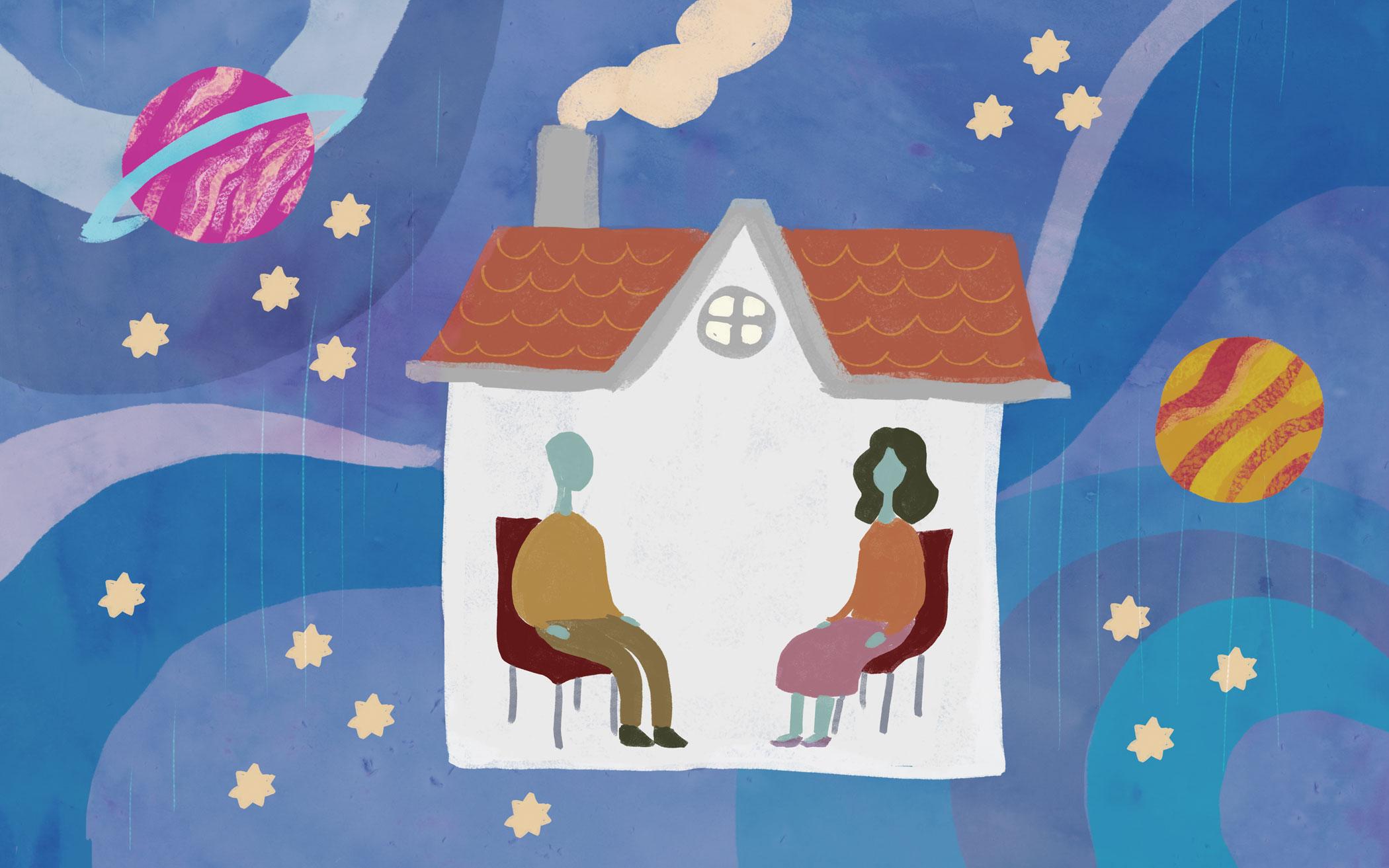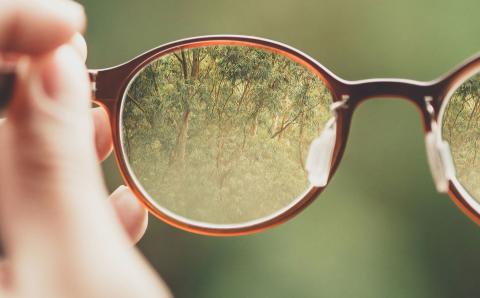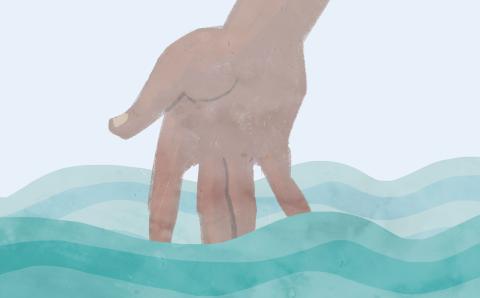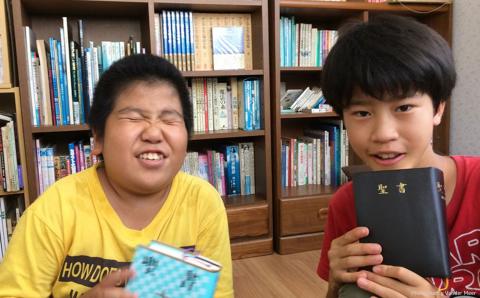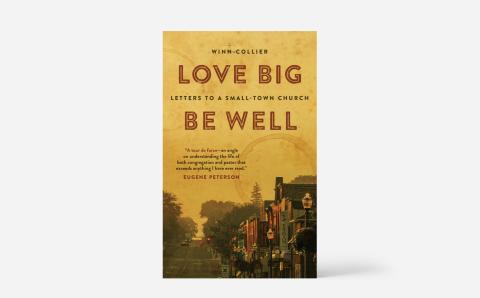“The earth is the Lord’s, and everything in it.” —Psalm 24:1
When I was in college, one of my professors occasionally asked me to house-sit when he and his wife were out of town. Mostly they were interested in someone being there to care for their pets—including rubbing ointment into the eyes of a cat named Blind Bartimaeus. But they also thought it would be nice for their home and belongings to be enjoyed by a college student who was used to the cramped confines of dorms and campus apartments.
During the times I house-sat for them, I didn’t just drop in to feed and let out the pets. I didn’t just stop by occasionally to turn a light or two on or off. I didn’t just pop by to make sure that the doors were still locked. Rather, I lived there. I took them up on their invitation to eat their food, sleep in one of the bedrooms, watch television, sit on their back porch, and even invite a couple of friends over to watch a movie. I lived in the house, enjoying its resources and comforts, but always with the awareness that the house did not belong to me. While living in it, my chief objective was to protect and preserve it for its owners.
House-sitting is an apt metaphor for our responsibility for creation. We are granted the blessings of living in creation and using it for our survival and comfort. But such use takes place in the context of recognizing that the world is not ours and therefore needs to be protected on behalf of its true owner, the Creator God.
While the land and waters and, a bit more controversially, the other animals can legitimately be used for human survival and well-being, they do not ultimately belong to us. They are the property of God the Creator King, and we serve as stewards of the king’s resources. Our call is not to leave creation utterly untouched—we are creatures, after all—but to protect it and leave it in good shape for its owner and for other uses the owner may have for it.
I had a couple of friends over for a movie and conversation at my professor’s house, but not 50 people over for a raucous party. These dynamics of house-sitting are comparable to the decisions we must make as we live out our call to stewardship.
In Genesis, God calls humanity to “rule over” the rest of creation (1:26 and 1:28, NIV). Traditionally translated “have dominion” (as in the NRSV), this command to humanity has often been misunderstood as license to dominate or adopt domineering attitudes and practices toward the rest of creation, as if the non-human created world is mostly unimportant or merely raw material for human ambition. Such a view misses out on the fact that the Creator declares every aspect of the created order to be “good”—that recurring refrain in the Genesis 1 creation liturgy. The whole created order together, including human creatures, is declared to be “very good” (v. 31).
The created goodness of God’s world, combined with the command to humanity to “rule over” and to use the world’s vegetation for food and other needs (vv. 29-30), points to a model of our role as stewards. We are not the owner but the ones who use, care for, and protect what belongs to the owner. We have a royal role but are not ourselves the King. Our role is to serve the interests of the King. Our dominion is always a representative dominion, one that is supposed to represent the concerns, rights, and desires of the real Owner of the property.
Note that the language of “dominion” and “ruling” is the language of lordship, which in the overall biblical context points to Jesus as Lord. Jesus expressed the true nature of lordship by being willing to make “himself nothing by taking the very nature of a servant” (Phil. 2:7), and he exercised his greatest power through self-sacrificial love. If Jesus clues us in to the true nature of dominion and ruling, then our living out of our lesser dominion should follow suit.
There are, of course, countless complicated questions that the house-sitting image doesn’t answer. What precisely are the limits of our use of creation that still preserves it for the Lord? Having 50 people over for a party while house-sitting would have been too much, but what about eight? Ten? What if it’s not possible to balance the well-being of all creatures in the way we make use of the creation? Is there some sense in which human needs and desires have priority over the non-human aspects of creation? Aren’t there things we have to do in our contemporary culture that we know aren’t ideal for creation but are so hard to avoid? What does it mean when, in Genesis 1, God blesses humanity and tells us to “fill the earth and subdue it”? Doesn’t “subdue” sound more like “dominate”? These are indeed hard questions to answer. Care for creation, like responsible house-sitting, requires decisions and discernment. And the way isn’t always clear.
On the latter questions related to “subduing,” however, we at least need to keep in mind what stage of humankind the author of Genesis 1 was portraying—the earliest humans in an uncultivated nature. Just as the Creator brought order to chaos, an order that blesses and honors the goodness of what is made, so also primal humanity is called to bring order to bear on creation—to enable the good structures of creation to develop and flourish, for creation to make possible culture. In other words, “subduing” suggests developing and using creation in a way that respects the inherent, God-declared goodness of what is used and developed.
In a situation where climate change is already harming the part of God’s creation that is our planet, with some of God’s human creatures—the global poor—apt to pay the highest price, it is imperative that we look for ways to protect the house of creation that we care for.
For me, that could take the form of deciding to take the bus to work on certain days of the week. It involves reminding my elected officials of the importance of taking the long view on climate issues and sticking with legislation and treaties intended to preserve the natural world and mitigate the effects of climate change. It calls me to be more careful about what chemicals I use when treating my lawn and landscaping. Even though I’m at the point in life where my family and I have our own house, and sometimes I call upon one of my students to house-sit and care for our pets and belongings while we are gone, I know that what is mine is not ultimately mine. Even in my own house, my own yard, my own community, I am merely a steward, house-sitting for the King.
What might creation care look like for you? See the suggestions offered by the CRC’s Office of Social Justice at justice.crcna.org/creation-care.
About the Author
Matt Lundberg is the director of the de Vries Institute for Global Faculty Development at Calvin University. He and his family are members of Boston Square Christian Reformed Church in Grand Rapids, Mich.

